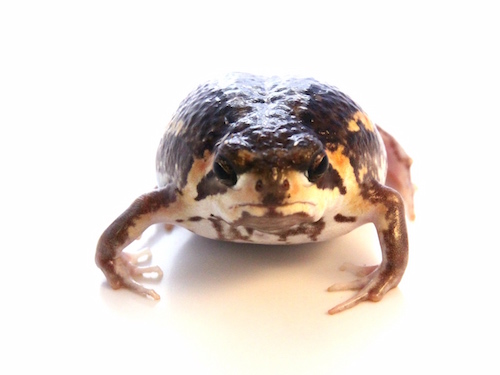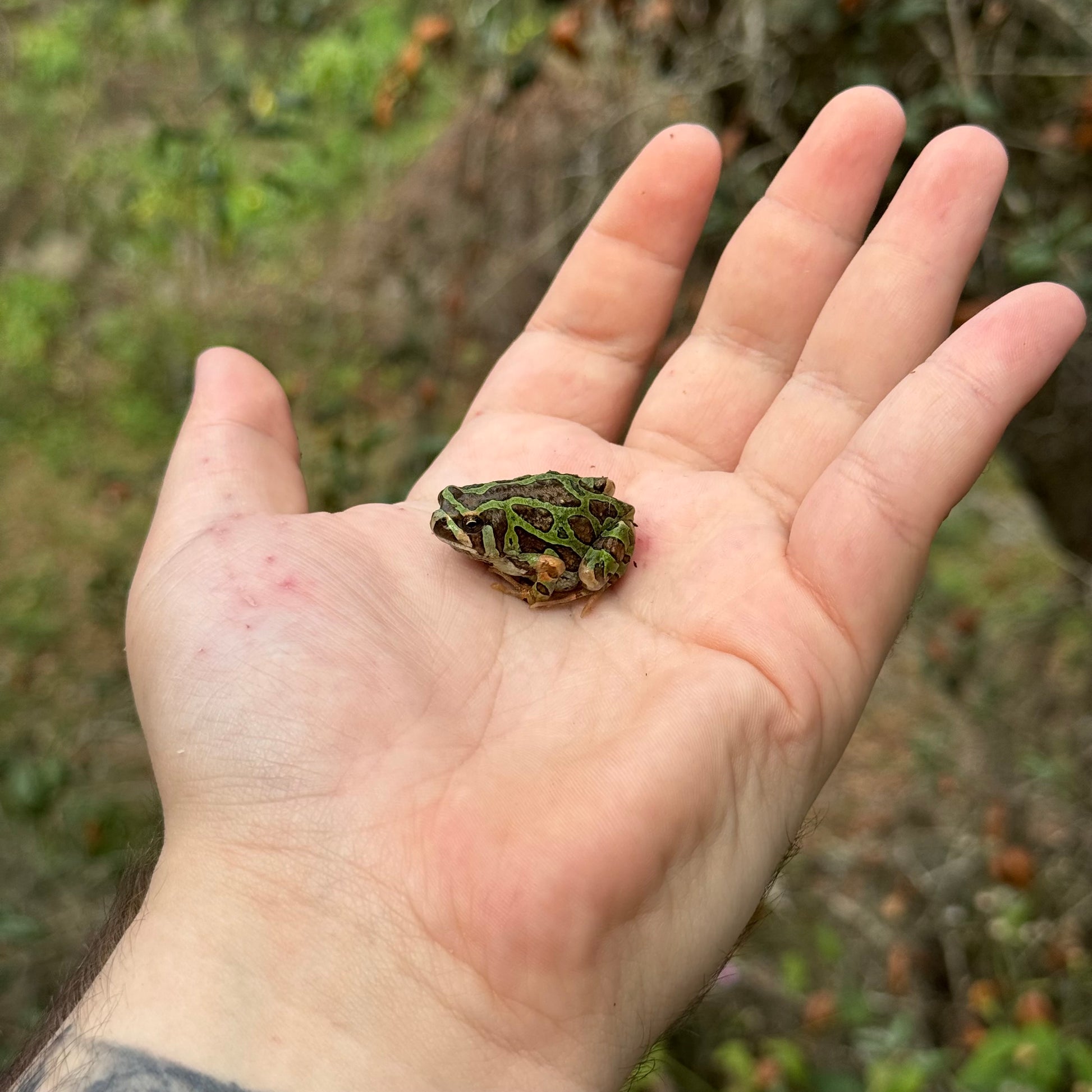Discover Unmatched Beauty: Rain Frog for Sale Waits For to Enhance Your Life!
Discover Unmatched Beauty: Rain Frog for Sale Waits For to Enhance Your Life!
Blog Article
Common Health And Wellness Issues in Reptiles: Signs and Solutions
In the intricate world of reptile care, understanding the usual health concerns that might affect these special creatures is vital in guaranteeing their well-being. Whether it's grappling with parasitic infestations, navigating dehydration concerns, or attending to skin disorders that manifest in refined means, being attuned to the signs and outfitted with the understanding of effective services is vital for any type of reptile owner.
Respiratory Infections
Respiratory system infections in reptiles can substantially impact their total health and wellness and require punctual focus from experienced vets. These infections are commonly brought on by fungi, bacteria, or viruses and can show up through signs and symptoms such as wheezing, nasal discharge, open-mouth breathing, and sleepiness. In reptiles, respiratory infections can be specifically challenging to identify and treat as a result of their special anatomy and physiology. Veterinarians typically rely upon a mix of physical examinations, diagnostic imaging, and lab examinations to precisely determine the underlying root cause of the infection.
Treatment for respiratory system infections in reptiles normally involves a mix of supportive treatment, such as maintaining proper humidity levels and temperature level slopes in the room, in addition to targeted medicine to address the specific microorganism in charge of the infection. It is important for reptile proprietors to check their animals closely for any type of indications of respiratory system distress and seek veterinary care at the earliest indicator of an issue. With timely treatment and ideal treatment, numerous reptiles can recuperate completely from respiratory system infections and return to normal activities.

Metabolic Bone Condition
What aspects add to the development of Metabolic Bone Disease in reptiles?
Metabolic Bone Disease (MBD) in reptiles is mostly brought on by a lack of correct calcium, phosphorus, and vitamin D3 levels in their diet regimen. When reptiles do not get ample calcium, either via their food or correct UVB direct exposure for vitamin D3 synthesis, they are at a high risk of developing MBD. Reptiles with diets low in calcium or unbalanced calcium to phosphorus proportions are especially susceptible. Furthermore, poor exposure to UVB light protects against reptiles from manufacturing vitamin D3, which is vital for calcium absorption and bone health and wellness.
Not enough moisture levels can also influence a reptile's ability to metabolize calcium effectively. Routine veterinary check-ups, proper husbandry techniques, and a balanced diet plan are important to prevent Metabolic Bone Condition in reptiles.
Parasitic Infestations
Parasitical problems present a considerable health danger to reptiles, impacting their overall wellness and calling for punctual vet focus. Reptiles can be affected by different parasites, including mites, ticks, internal worms, and protozoa. These parasites can create a range of signs, such as weight reduction, lethargy, skin irritability, looseness of the bowels, and also death if left without treatment.
One common bloodsucker discovered in reptiles is the mite, which can create skin irritation, tension, and anemia. Ticks are an additional external parasite that can cause and transmit diseases discomfort to the reptile. Inner bloodsuckers like worms and protozoa can result in digestive system problems, poor nutrition, and compromise the reptile's immune system.
To identify a parasitical invasion, a vet might perform fecal tests, skin scrapings, or blood tests. Treatment often entails deworming medications, antiparasitic bathrooms, or in serious instances, hospitalization. Preventative measures such as routine vet check-ups, proper health, and quarantine procedures for brand-new reptiles can aid lessen the threat of parasitical infestations and guarantee the wellness of reptile pet dogs.
Dehydration and Hydration Issues
Dehydration in reptiles can substantially affect their wellness and wellness, necessitating prompt intervention and ideal hydration administration. If left neglected, dehydration can lead to significant health and wellness concerns and even be deadly to the reptile.
To avoid dehydration, reptile proprietors ought to ensure that their family pets have access to clean water in all times. The water dish ought to be huge enough for the reptile to take in if needed, specifically for types that soak up water through their skin. In addition, maintaining appropriate moisture levels in the reptile's room and giving regular baths can aid prevent dehydration.
In situations of dehydration, it is critical to seek veterinary care promptly. A veterinarian might provide fluids either by mouth or with injections to rehydrate the reptile. It is necessary to attend to the underlying root cause of dehydration to avoid reappearance and guarantee the reptile's general wellness.
Skin Disorders

Conclusion

Respiratory system infections in reptiles can dramatically affect their total health and wellness and require punctual attention from seasoned veterinarians (rain frog for sale). Preventative actions such as routine vet exams, correct hygiene, and quarantine treatments for new reptiles can aid reduce the threat of parasitic problems and guarantee the health of reptile animals
If left untreated, dehydration can lead to severe health problems and also be fatal to the reptile.
Consistently examining your reptile for any kind of changes in skin structure, shade, or appearance can assist in early discovery and therapy of skin ailments, promoting the general wellness and well-being of your scaly buddy. - rain frog for sale
In discover here verdict, reptiles are vulnerable to numerous wellness concerns such as respiratory infections, metabolic bone illness, parasitical invasions, dehydration, and skin conditions.
Report this page